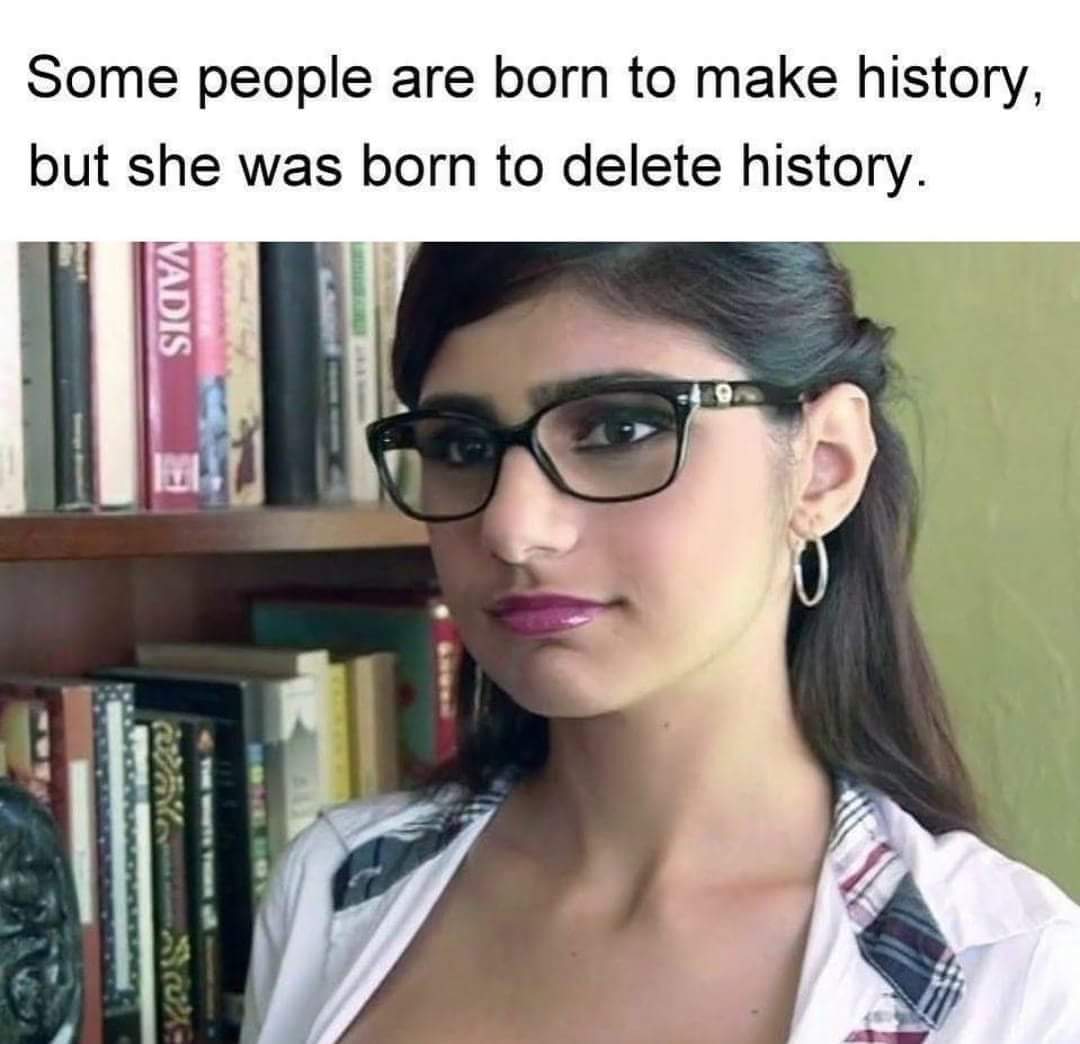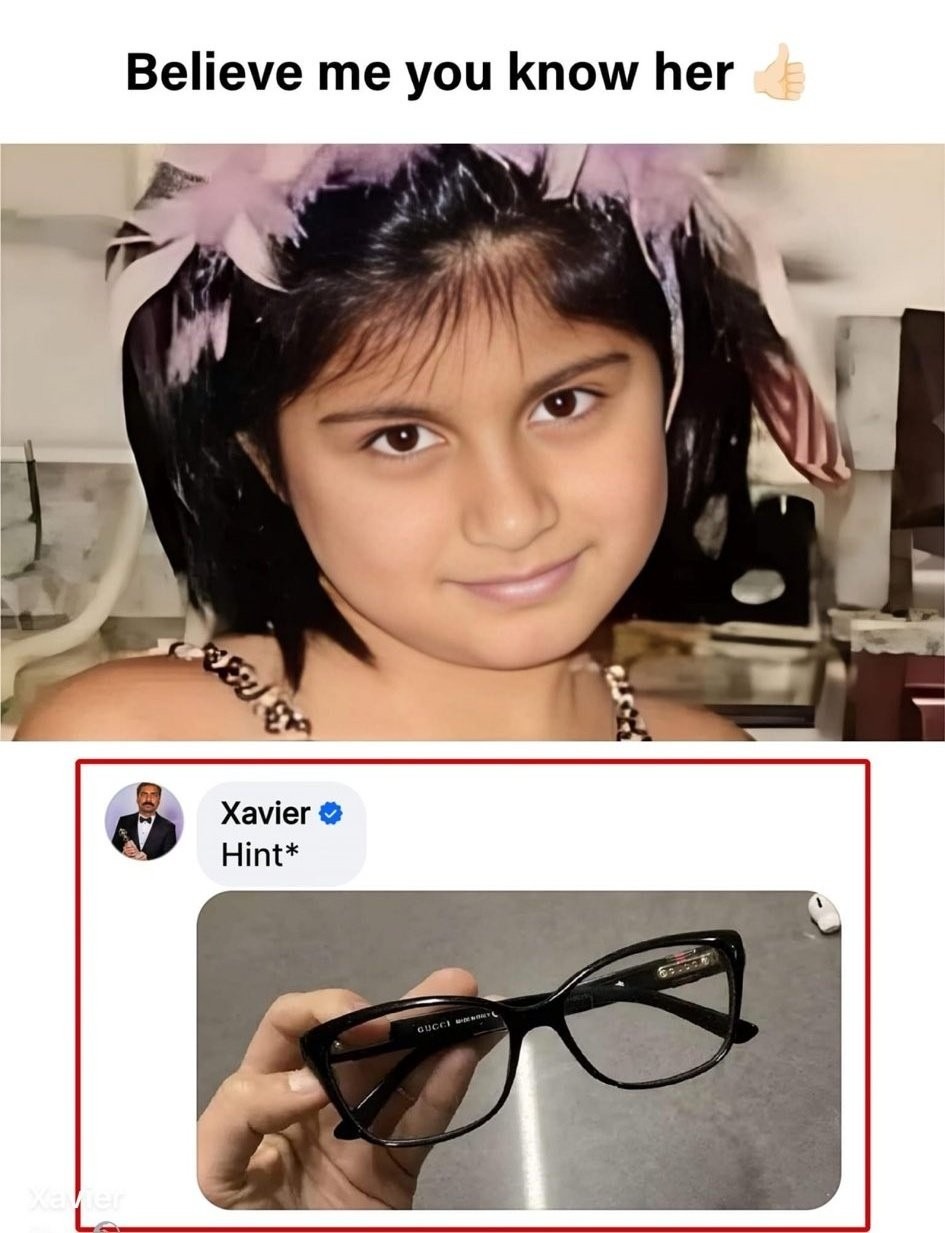Top Mia Khalifa Memes & GIFs
What defines viral fame in the digital age? Mia Khalifas trajectory, from a brief stint in adult films to enduring internet notoriety, offers a compelling case study in the unpredictable nature of online celebrity. Her story is a complex tapestry woven with memes, GIFs, and the ever-shifting sands of public perception.
Khalifa's rise to online fame began unexpectedly. While her time in the adult film industry was short-lived, the internets fascination, particularly surrounding a single scene involving a hijab, propelled her into the digital spotlight. This notoriety, however, has been a double-edged sword, bringing with it both opportunities and challenges. From navigating the complexities of unwanted attention to leveraging her platform for advocacy and business ventures, Khalifa's journey provides a glimpse into the realities of life lived under the constant gaze of the internet.
| Category | Details |
|---|---|
| Full Name | Mia Khalifa |
| Birth Date | February 10, 1993 |
| Birthplace | Beirut, Lebanon |
| Nationality | American (Lebanese-born) |
| Occupation | Social Media Personality, Webcam Model, Sports Commentator, Chef |
| Known For | Brief career in adult films, subsequent internet fame through memes and GIFs, outspoken advocacy on various social issues. |
| Career Highlights | amassed a substantial following on social media platforms like TikTok and Instagram; collaborations with various brands; appearances on podcasts and other media outlets. |
| Reference | Wikipedia |
The "Mia Khalifa" meme, in its various iterations, has become a ubiquitous presence online. From Imgflip meme generators to GIF repositories, her image is readily available and easily adaptable to a wide range of contexts. This proliferation speaks to the internets ability to latch onto and recontextualize content, often irrespective of the original creator's intent. The "Hit or Miss" meme, another online phenomenon, further exemplifies this trend, highlighting how seemingly random phrases and actions can quickly become viral sensations.
While animated memes featuring characters like "Party Parrot" proliferate across platforms like Imgflip, Khalifas own image has become a kind of digital canvas onto which users project their own narratives and humor. This malleability is part of what makes her such a compelling figure in the meme landscape. Her image, divorced from its original context, becomes a blank slate, a symbol open to interpretation and reinterpretation.
Beyond the memes and GIFs, Khalifa has actively cultivated a diverse online presence. Her TikTok account boasts millions of followers, a testament to her ability to engage with a digital audience. She uses her platform to share snippets of her life, comment on current events, and participate in trending challenges, solidifying her status as more than just a meme, but a genuine online personality.
The question of AI's role in meme creation adds another layer to the discussion. While tools exist that can generate memes, the human element remains crucial. The humor, the cultural relevance, the timely wit these are all aspects that often require a human touch to truly resonate. While an AI might be able to assemble the components of a meme, its the human understanding of context and nuance that breathes life into it.
Khalifas journey also raises important questions about consent and control in the digital age. The ease with which images and videos can be shared, manipulated, and recontextualized underscores the need for greater awareness and responsibility online. The proliferation of "Mia Khalifa" memes, some of which are far removed from her current life and pursuits, serves as a stark reminder of the challenges individuals face in maintaining control over their online image.
From Beirut to the United States, from adult films to sports commentary, Khalifas story is one of constant evolution and adaptation. It's a story that reflects the dynamic, often chaotic, nature of the internet itself. Her experience serves as a cautionary tale, but also as a testament to resilience and the ability to reclaim ones narrative in the face of unrelenting online scrutiny. It prompts us to consider the power of memes, the complexities of online fame, and the ever-evolving relationship between individuals and the digital world.
In the end, Mia Khalifa's enduring presence in the meme-sphere begs a fundamental question: what does it mean to be truly known in the age of the internet? Is it the carefully crafted persona we present to the world, or the digital echo of our past that refuses to fade away?


